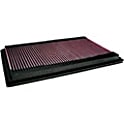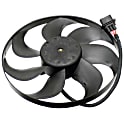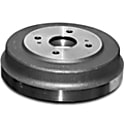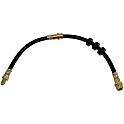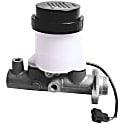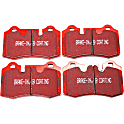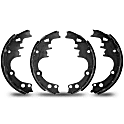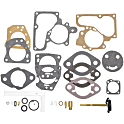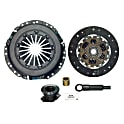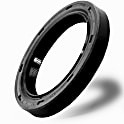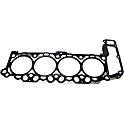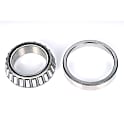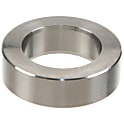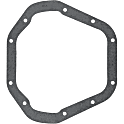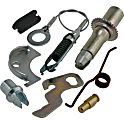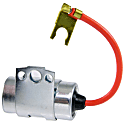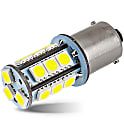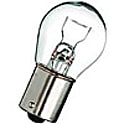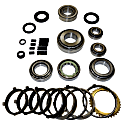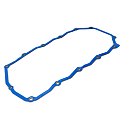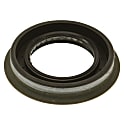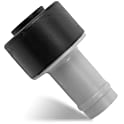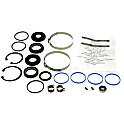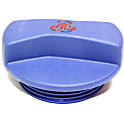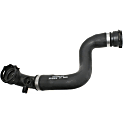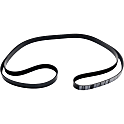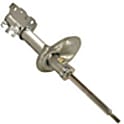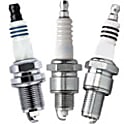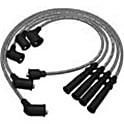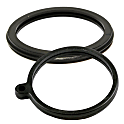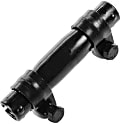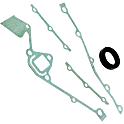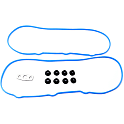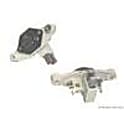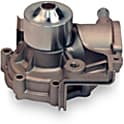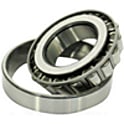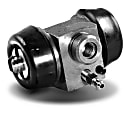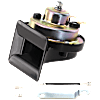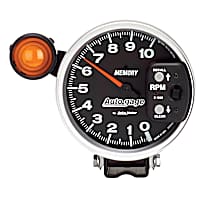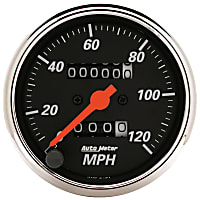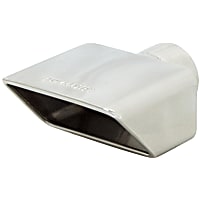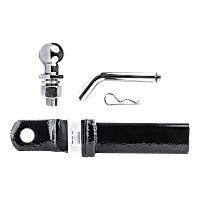{
"lazyNodes": false,
"abFitnotesFlag": false,
"abCrawlReviews": false,
"productOptionsCookie": false,
"orderDelayFlag": false,
"skipSessionCookie": false,
"covidMessage": false,
"fullTitleCookie": false,
"nrLoggerCookie": false,
"checkoutReviewCookie": false,
"productOptionSeqCookie": false,
"maintenanceFlag": false,
"bufferETACookie": false,
"multiShippingDiscountFlag": false,
"newFitmentFlag": false,
"surveyOptInFlag": false,
"crossSellFlag": false,
"skuMappingFlag": false,
"paySplitCookie": false,
"callDisableFlag": false,
"zipPaymentFlag": "u",
"hassleFreeReturn": false,
"lifetimeReplacement": false,
"cpn_off": false
}
Jeep DJ5 Parts & Accessories
Find the right parts fasterSelect Your Vehicle Part
Top Rated Products
Popular Products
Product Questions & Answers
Shopping for Jeep DJ5 Parts
Even if you drive the latest car model, you still need proper maintenance if you want it to live longer and perform like the well-oiled machine that it is. What more if you are driving an old vehicle like the Jeep DJ5? You don't have the luxury to be neglectful if you want your vehicle to be in tip-top condition and running smoothly even though it's a few decades old. Not to worry, there are simple car maintenance steps that you can take to keep your DJ5 in good condition. Read below for tips on how to properly take care of your Jeep:
- Take care of your tires.
The tires are among the parts of a car that are easily taken for granted. And it's also one of the worst mistakes that you can commit when it comes to maintenance. According to safecar.gov, more than 11,000 crashes annually are partly caused by tire issues. These issues could be easily avoided if you know how to take care of your tires. For starters, you need to check the tire pressure regularly. Correct tire pressure will help avoid unnecessary and premature tire wear. Properly inflated tires also help with ride comfort and handling, stopping distance, load bearing, and fuel economy. Check your manual or door frames for the recommended air pressure for your tires. If you want longer tread life, it is recommended that you rotate your tires at least every 6,000 to 8,000 miles. Along with that, you also need to check the wheel alignment. Poor alignment is also a cause of uneven tread wear.
- Check the engine oil and other fluids.
The general rule is to check the engine oil at least once a month and change it as instructed in your owner's manual. You can go without changing longer than that if you don't drive your Jeep DJ5 that frequently. But, the engine oil is not the only fluid in your vehicle that needs attention. When you go and change the oil, remember to also check the power steering fluid, transmission fluid, wiper fluid, coolant, and brake fluid. All these fluid should be free from contaminants and must be at the right level so your vehicle can continue to run smoothly.
- Check all the lights.
It's typical for drivers to focus on the headlights and tail lights when it comes to maintenance of car lights. However, there are other lights in your vehicle that also need your attention. These include the brake lights, turn signals, as well as interior lights. Aside from being a safety hazard, any busted exterior lights are a cause of fix-it ticket. Hence, it is important to you include these lights in your routine maintenance checks. Check lights that are not working and determine whether the problem is a busted fuse or a burned-out bulb. Replace it right away. You should also make sure that the headlight covers are always clean. Dirt and buildup can cause your lights to dim. Test your turn signals. A fast-blinking signal light indicates a burned-out bulb while one that doesn't come at all means the signal relay is in need of replacement.
- Pay attention to your Jeep's core components.
Giving your engine's core components a regular once-over is a simple maintenance step but can have a huge impact in the overall condition of your Jeep. The radiator and your car's battery are two of the components that you need to check. You can prevent overheating or electrical failure in your car by cleaning up debris from the radiator as well as making sure the battery cables are securely connected and they are corrosion-free.

